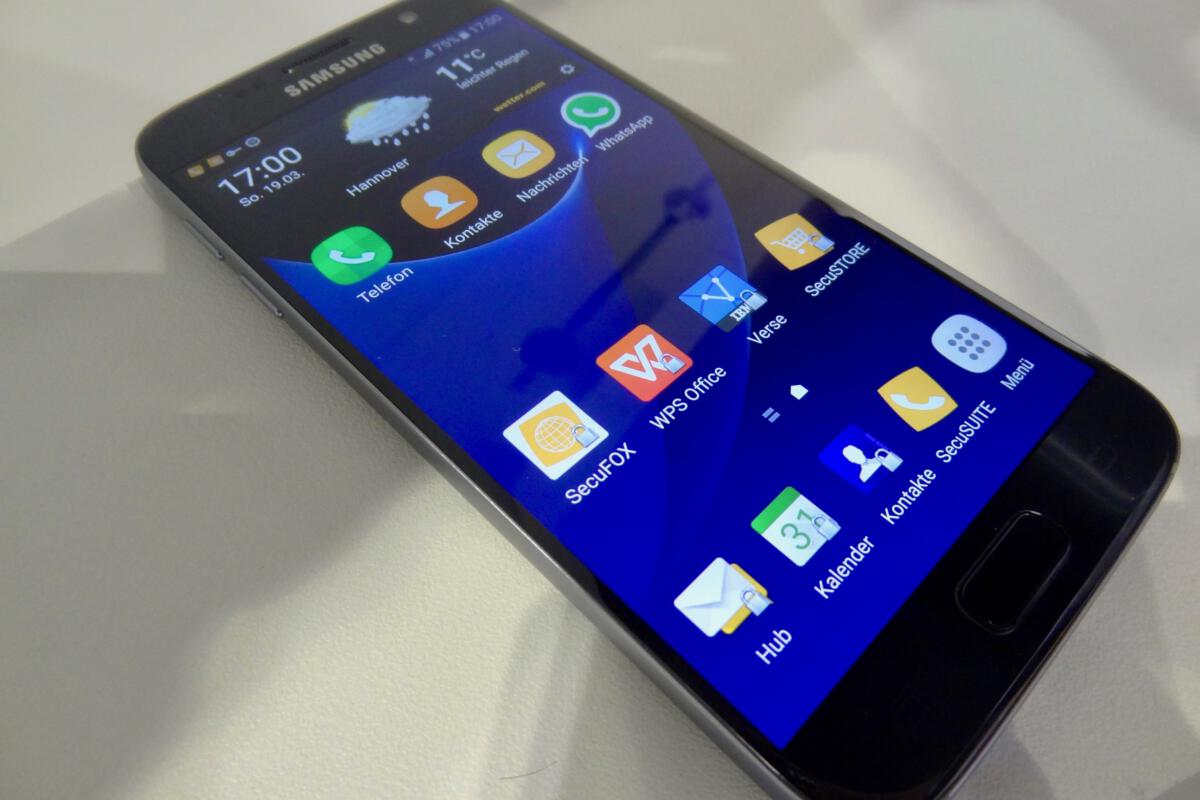Samsung's squashing of Tizen smart-TV bugs is turning messy

Credit to Author: Agam Shah| Date: Fri, 07 Apr 2017 11:08:00 -0700
After 40 critical vulnerabilities on Samsung’s Tizen — used in smart TVs and smartwatches — were exposed this week by Israeli researcher Amihai Neiderman, the company is scrambling to patch them.
But Samsung still doesn’t know many of the bugs that need to be patched. It’s also unclear when Tizen devices will get security patches, or if older Tizen devices will even get OS updates to squash the bugs.
Beyond Samsung’s smart TVs, Tizen is also used in wearables like Gear S3 and handsets like Samsung’s Z-series phones, which have sold well in India. Samsung wants to put Tizen in a range of appliances and IoT devices. Tizen also has been forked to be used in Raspberry Pi.
To read this article in full or to leave a comment, please click here

 Wells Fargo
Wells Fargo



